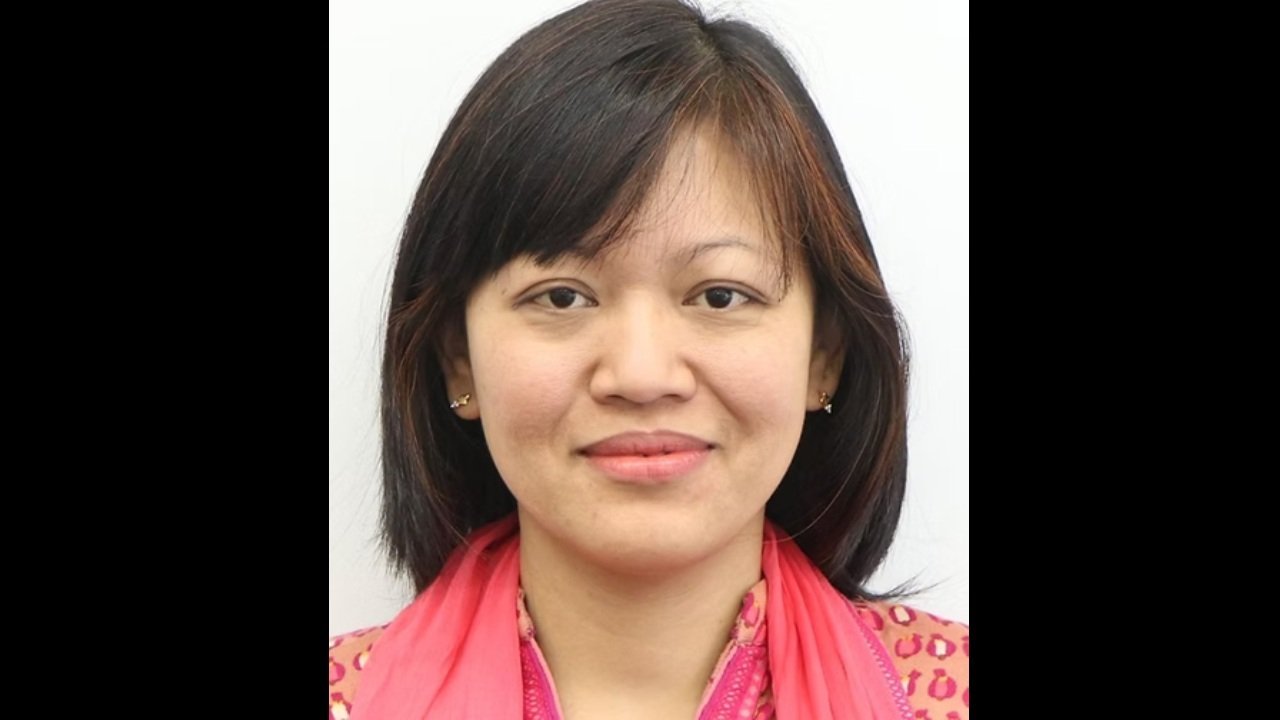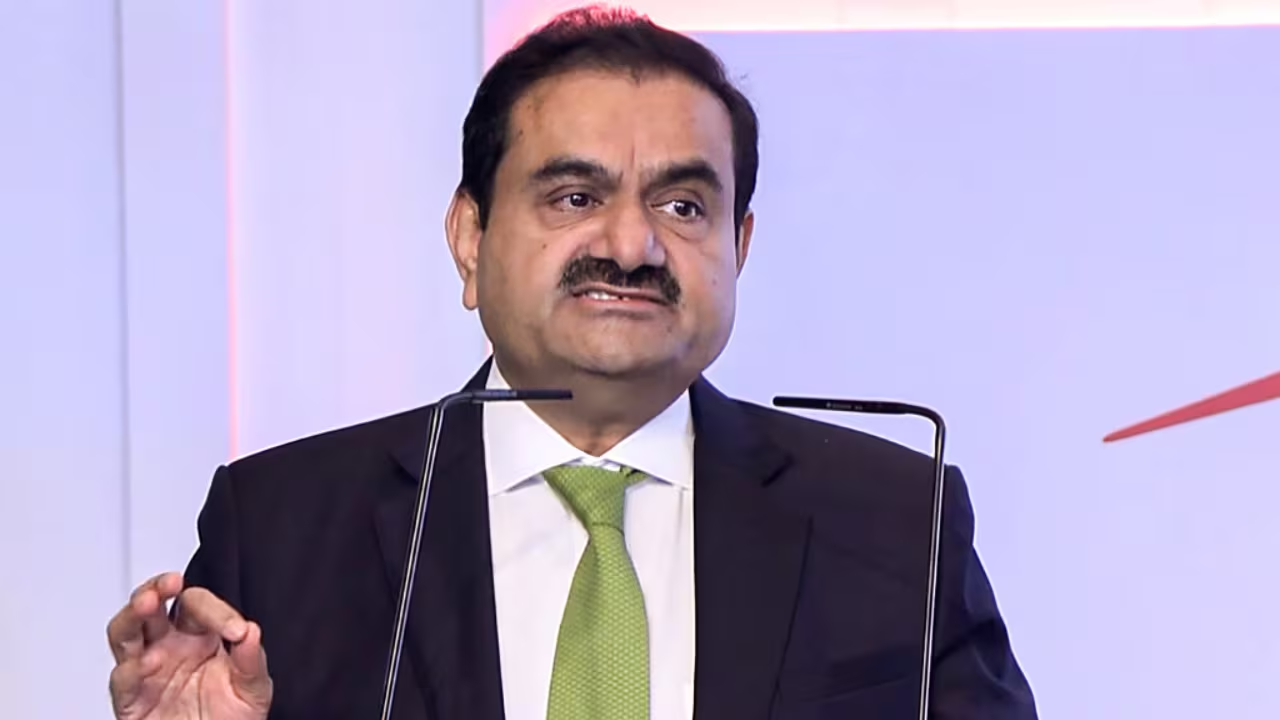As more Asian immigrants make North Carolina’s western Wake County home, Morrisville wants to make sure they feel included in all aspects of the town, reported the Raleigh News and Observer.
The town’s new Language Access Plan –1 in 3 people speak Hindi in the town — will translate certain government documents into residents’ native languages starting with Hindi, the predominant language spoken in India.
Nearly half of Morrisville’s 31,000 residents are Asian or of Asian heritage, and about 36% are from India or are of Indian heritage. The town celebrates holidays like Diwali, Holi and Chinese New Year and has become a hub for the popular Indian sport of cricket. It’s also home to the Hindu Society of North Carolina and has three Hindu temples in and around the town.
Still, some Indian and Southeast Asian residents have expressed difficulty filling out forms at the N.C. Division of Motor Vehicles and have not taken advantage of town resources because of language barriers, said Deputy Town Manager Giselle Rodriguez-Villanueva.
“We have individuals that are not coming in for services, and we don’t want them to miss out on services because they are not able to receive information in the language that they prefer,” she said.
Last year, Morrisville was one of nine North Carolina governments accepted into a program at UNC’s Institute for the Study of the Americas. Apex, Concord, High Point, Raleigh, Wilmington, Winston-Salem, Buncombe and New Hanover counties were also accepted.
The Language Access Collaborative identified needs and created plans to expand communication with residents. Morrisville’s participation was supported by the Hindu Society of North Carolina and HVM Hindi Pathshala, a nonprofit that teaches children Hindi.
The town got a $25,000 grant through the program to start working on the translations. After Hindi, the town will work over the next several months to translate documents into Vietnamese, Mandarin and Spanish. Vital documents will be translated first.
Those include consent, complaint, or feedback forms; notices of rights, requirements, responsibilities, denial, loss, or decrease in program benefits; notices of hearings or depositions; leases, tenant rules, and eviction notices; and emergency, fire, and public safety information.
Satish Garimella, Morrisville’s mayor pro tem, immigrated to the United States from India and moved to Morrisville in 2003. He grew up speaking English, Hindi and regional languages Tamil and Sindhi.
“The reason for translation is to give clarity, more than anything,” Garimella said. “For example, there is a difference between British English and American English for sure in the words and the jargon, which are sometimes taken differently and sometimes have put people in trouble. Sometimes, there are different interpretations. So I did not want that kind of interpretation be a barrier for people.” He wants to be sure police officers and firefighters in the town are also aware of their relationship with the Indian community and the language challenges they can face.
Town Councilman Steve Rao, who is Indian American, grew up in West Virginia and said he never dreamed of serving in a town where language translations would become a priority.
“We’re seeing more and more Indians coming here, and we’re seeing that they are transforming the city,” Rao said. “We have cricket, we have Diwali and Holi festivals, and an Indian radio station. Now we’re seeing it go next level with the government leveraging diversity to solve problems.”
Morrisville and western Wake County have been attractive areas for Indian immigrants, Rao said, because of the schools and universities, nearby temples, including the Sri Venkateswara Temple of North Carolina in Cary, and jobs in Research Triangle Park.
“It’s important for us to remain connected to our community,” said Rodriguez-Villanueva. “We don’t want to see languages as a barrier but as an opportunity to construct language bridges.”
***********************************
Readers








